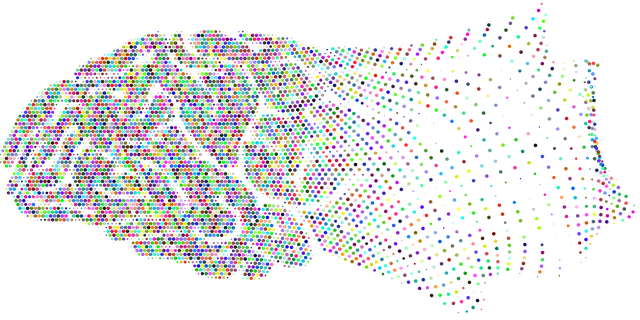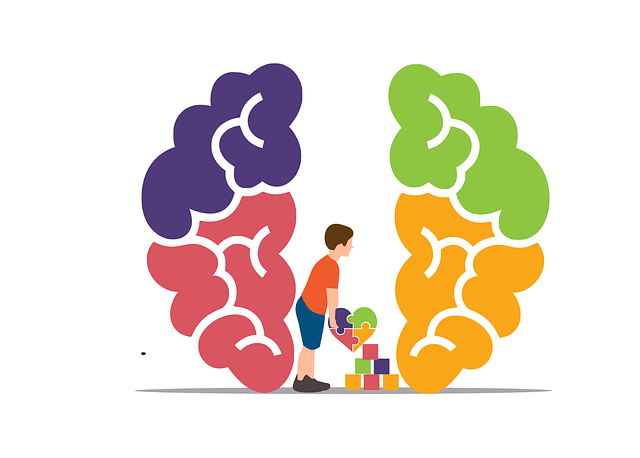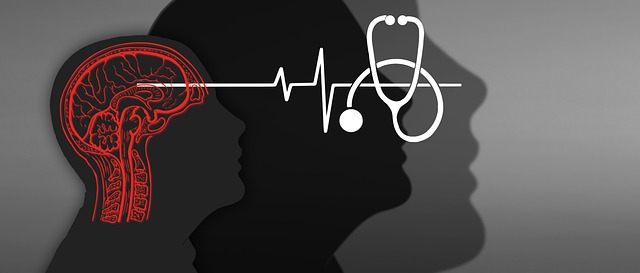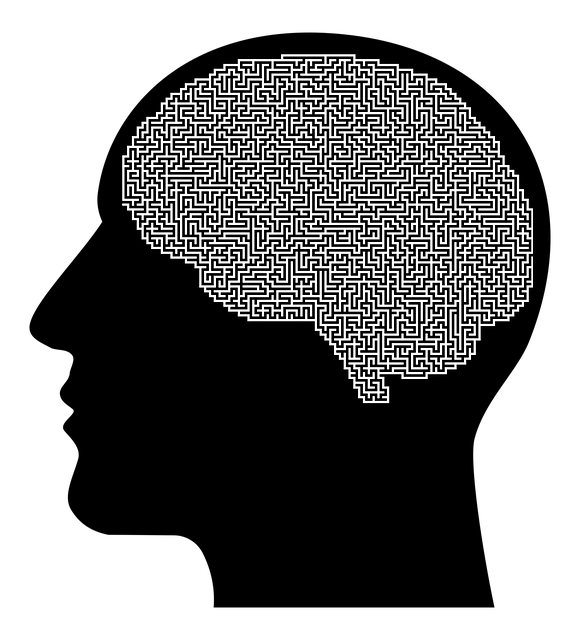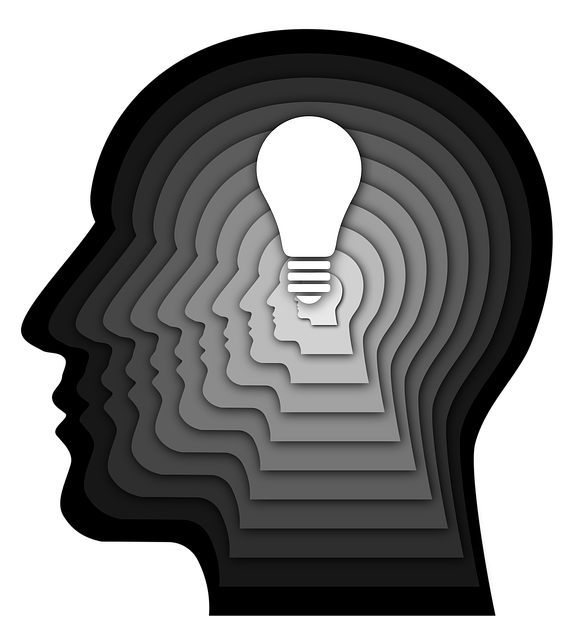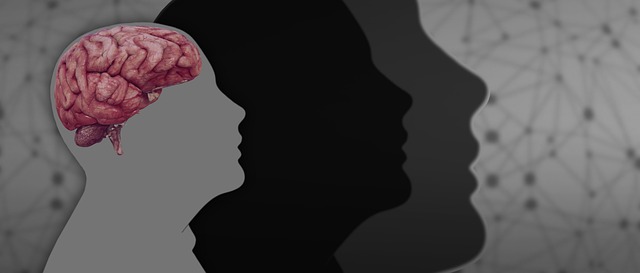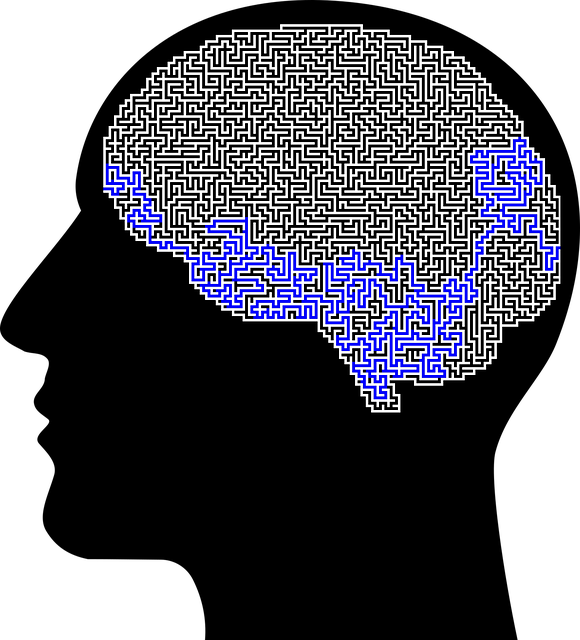Mental illness diagnosis is a complex process, often hindered by subjective assessments, diverse patient presentations, and cultural biases in criteria. Misdiagnoses can lead to inappropriate treatments and delays, impacting patients' motivation and willingness to seek help. To improve accuracy, there's a growing push to integrate advanced assessment techniques (like digital health technologies) with traditional methods, along with focusing on provider well-being through burnout prevention and evidence-based practices. Superior Anger Management Therapy is crucial for accurate diagnoses and effective treatment, as misdiagnoses can result in inappropriate care. Overcoming limited access to specialized mental health resources through innovative solutions like digital therapy platforms and tailored programs improves care accessibility. Training professionals in cultural sensitivity and using tools like Compassion Cultivation Practices aids in accurately addressing complex conditions across diverse backgrounds.
Mental illness diagnosis accuracy is a critical aspect of patient care, yet challenges persist. This article delves into the current landscape, highlighting common misdiagnoses, limited access to resources, and cultural biases hindering effective assessment. We explore innovative solutions, focusing on advancements in anger management therapy—from evidence-based practices to digital tools and mindfulness techniques. Additionally, we propose strategic improvements for diagnostic accuracy and outline future directions for Superior Anger Management Therapy, emphasizing personalized treatment, long-term support, and continuous research.
- Current Challenges in Mental Illness Diagnosis
- – Examining common misdiagnoses and their impact
- – Limited access to specialized resources
- – Cultural biases affecting assessment
Current Challenges in Mental Illness Diagnosis

The diagnosis of mental illness is a complex process, often fraught with challenges that impact accuracy and patient outcomes. One significant hurdle is the wide range of symptoms presented by individuals, which can overlap across multiple disorders. This complexity is further compounded by the subjective nature of assessments, where clinical judgments play a crucial role. As a result, misdiagnoses or delayed diagnoses are not uncommon, leading to frustration for both patients and healthcare providers.
Additionally, cultural biases in diagnostic criteria can hinder accurate evaluations, especially when assessing individuals from diverse backgrounds. The current approach often relies heavily on standardized tools and questionnaires, which may not fully capture the nuances of a patient’s experience. To address these issues, there is a growing emphasis on integrating advanced assessment techniques, such as digital health technologies, alongside traditional methods. Enhancing diagnostic accuracy is also linked to promoting burnout prevention strategies for healthcare providers, implementing stress reduction methods, and advocating for evidence-based practices through Mental Health Policy Analysis. Moreover, focusing on superior Anger Management Therapy can significantly contribute to improving overall diagnosis and treatment effectiveness.
– Examining common misdiagnoses and their impact

Common misdiagnoses in mental health can have significant impacts on individuals’ lives and treatment journeys. Often, conditions like anxiety or depression are initially misunderstood, leading to incorrect labels such as “personality disorder” or even “psychotic” tendencies. These missteps can result in inappropriate treatments and a delay in receiving the right support. For example, someone struggling with intense anger might be mistakenly diagnosed with a mood disorder, missing out on tailored therapies like Superior Anger Management Therapy that could address their specific needs.
The consequences of such errors include frustration for both patients and mental health professionals, potentially leading to decreased motivation for treatment or even resignation from seeking help altogether. Promoting accurate diagnoses is crucial for fostering effective self-care routine development for better mental health and emotional regulation. This highlights the importance of ongoing education for healthcare providers and the need for accessible resources like a mental wellness podcast series production that can shed light on less recognized symptoms and conditions.
– Limited access to specialized resources

One significant challenge in improving mental illness diagnosis accuracy is the limited access to specialized resources, particularly in underserved communities. Many individuals struggle to find qualified mental health professionals who can provide evidence-based treatments tailored to their specific needs. This disparity often leads to misdiagnoses or delayed treatment, exacerbating existing conditions like anxiety, depression, and superior anger management issues. The lack of accessible resources hinders progress towards optimal mental wellness.
To address this issue, integrating innovative solutions such as digital therapy platforms and promoting mental wellness journaling exercises can bridge the gap. Additionally, trauma support services and burnout prevention programs tailored for diverse populations can enhance access to care. By implementing these strategies, communities can foster an environment that prioritizes mental health, ultimately improving diagnosis accuracy and outcomes.
– Cultural biases affecting assessment

Cultural biases can significantly impact the accuracy of mental illness diagnoses, particularly in diverse societies where various ethnic and cultural groups have distinct ways of expressing emotions and describing their experiences. For example, individuals from certain backgrounds might internalize and suppress their feelings, leading to a presentation of anger as a primary symptom rather than a secondary reaction to underlying distress. This can result in misdiagnoses or delayed identification of more complex conditions.
Addressing these biases is crucial for improving diagnosis accuracy, especially when considering Superior Anger Management Therapy as a potential treatment option. Mental health professionals should be trained in cultural sensitivity and equipped with tools like Compassion Cultivation Practices and effective Risk Management Planning to navigate these complexities. By fostering an environment of understanding and empathy, they can better assess and treat patients from diverse backgrounds, ensuring that coping skills development is tailored to their unique needs.
Mental illness diagnosis accuracy has long presented significant challenges, but with efforts to improve access to specialized resources and address cultural biases, we’re making progress. By acknowledging common misdiagnoses, such as incorrectly identifying anger management issues as primary conditions, and implementing more inclusive assessment practices, the field of mental health is moving towards better-informed diagnoses. Advancements in therapy, like Superior Anger Management Therapy, offer promising solutions for accurate identification and effective treatment of various mental health conditions.


